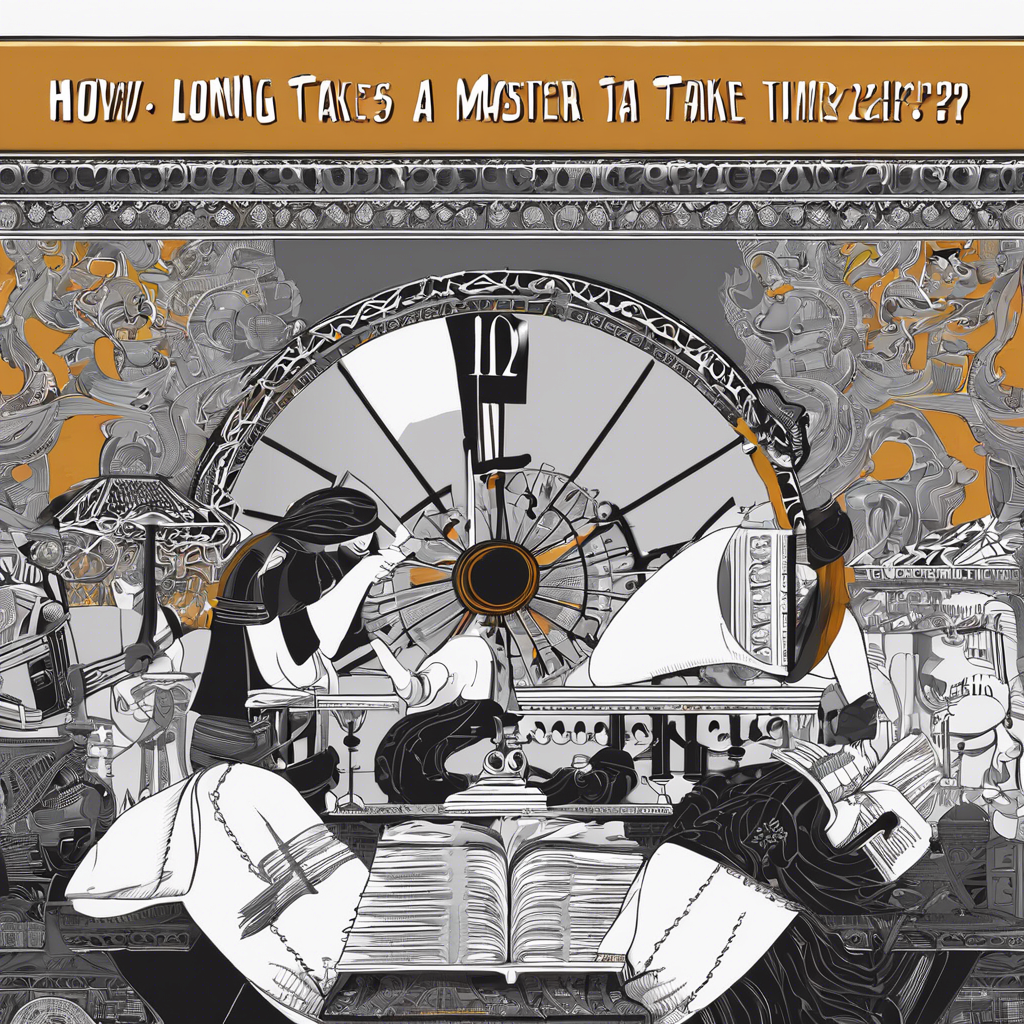Getting a master’s degree is a significant step in furthering one’s education and career. Many people considering pursuing a master’s degree often wonder about the time commitment involved. The duration of a master’s degree program can vary depending on several factors such as the field of study, the specific program requirements, and whether the student is studying full-time or part-time.
In general, a master’s degree program typically takes around one to two years to complete when studying full-time. However, some programs may be completed in as little as one year, while others may take longer, especially if they require a thesis or research project. Part-time students, who are often working professionals balancing their studies with other commitments, may take longer to complete their master’s degree, typically around two to three years.
The length of a master’s degree program can also vary based on the country and educational system in which the program is offered. For example, in the United States, master’s programs are often designed to be completed in two years, with the first year focusing on coursework and the second year on research or a thesis. In contrast, some European countries offer shorter master’s programs that can be completed in one year.
Students pursuing a master’s degree on a part-time basis may find that the flexibility of their schedule allows them to continue working while studying. This can be advantageous for those looking to gain practical experience in their field while earning their degree. However, part-time students should be prepared for a longer time commitment and potentially juggling multiple responsibilities.
The duration of a master’s degree program can also be influenced by the specific requirements of the program. Some programs may have more rigorous coursework or research components that require additional time to complete. Additionally, programs that require a thesis or capstone project may take longer due to the research and writing involved in these culminating experiences.
It is essential for prospective students to carefully consider their personal and professional commitments when deciding whether to pursue a master’s degree full-time or part-time. Full-time study may offer a more immersive academic experience but requires a significant time commitment, while part-time study allows for greater flexibility but may prolong the overall duration of the program.
Ultimately, the length of time it takes to complete a master’s degree will vary for each individual based on their unique circumstances and goals. Whether studying full-time or part-time, the journey towards earning a master’s degree is a rewarding one that can lead to enhanced knowledge, skills, and opportunities in one’s chosen field.

